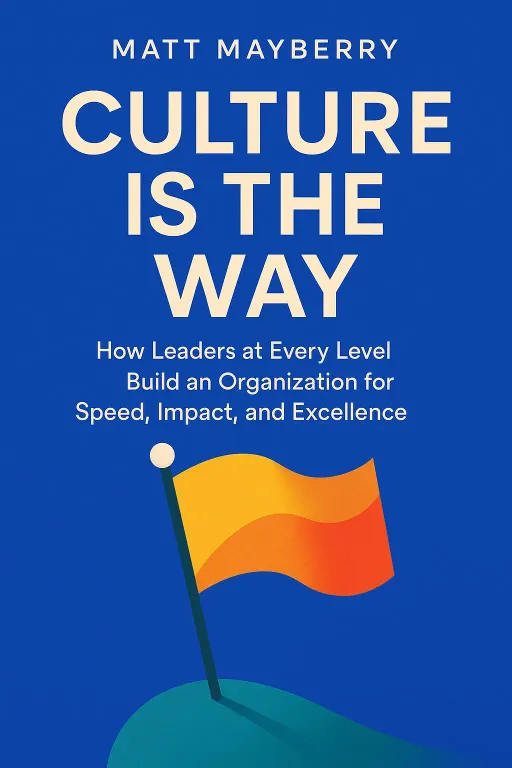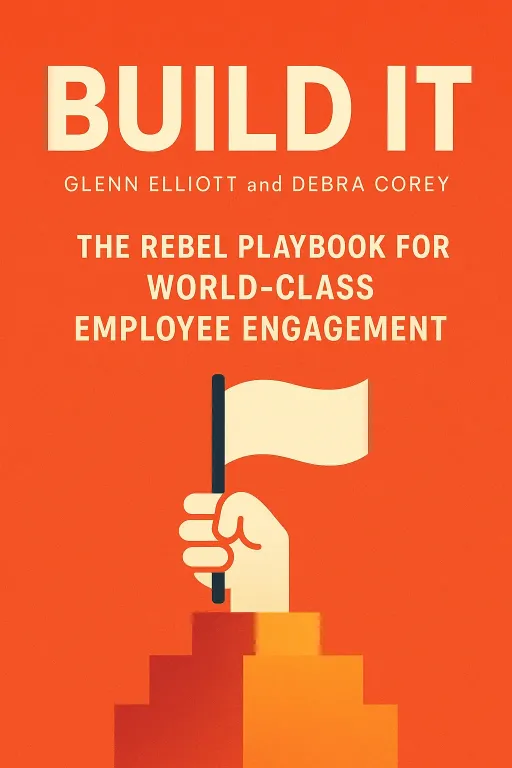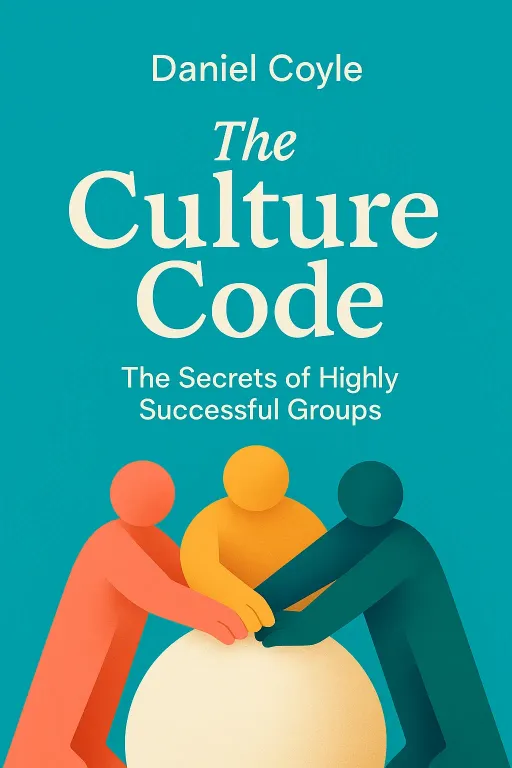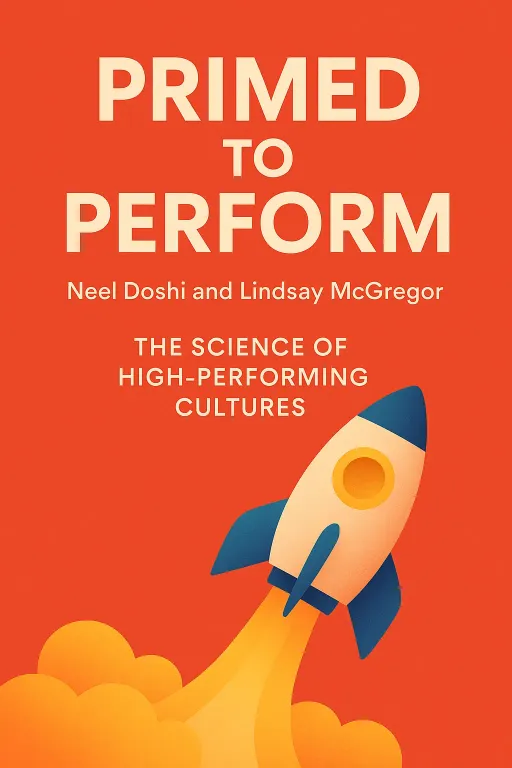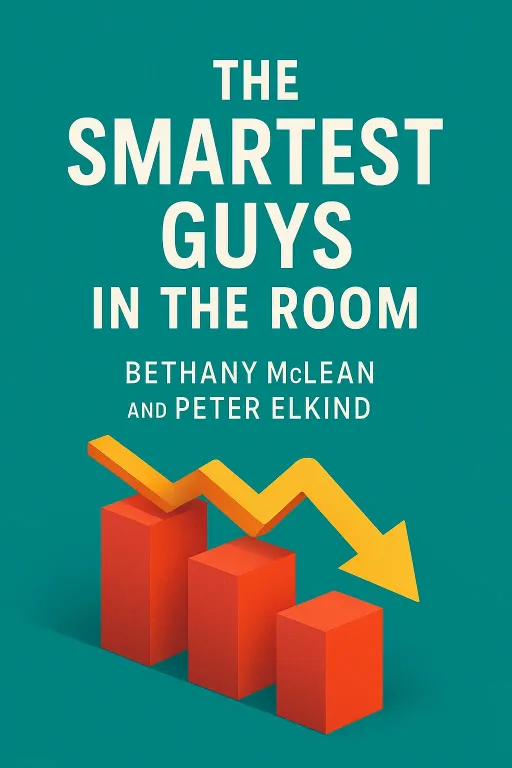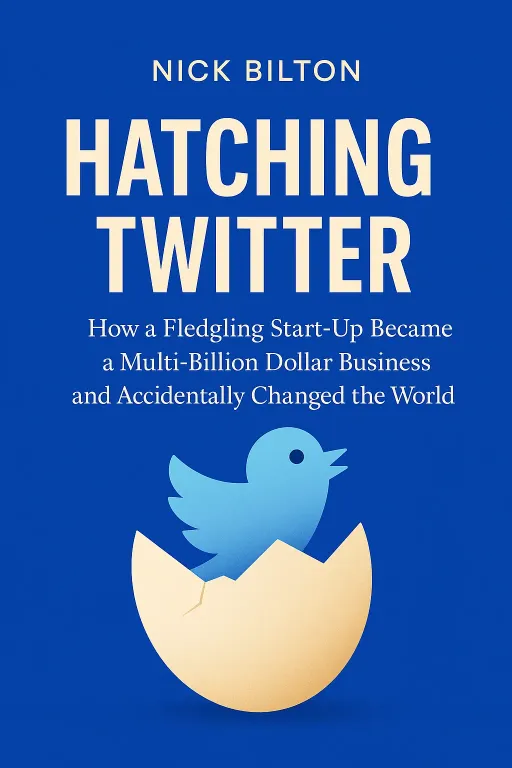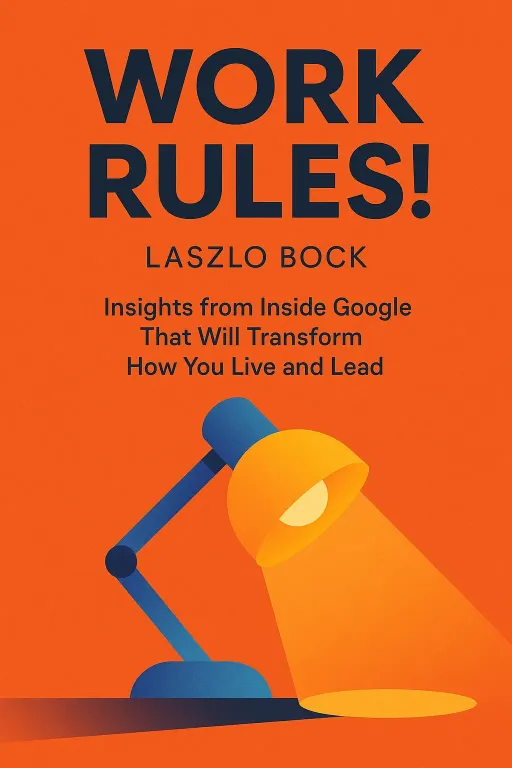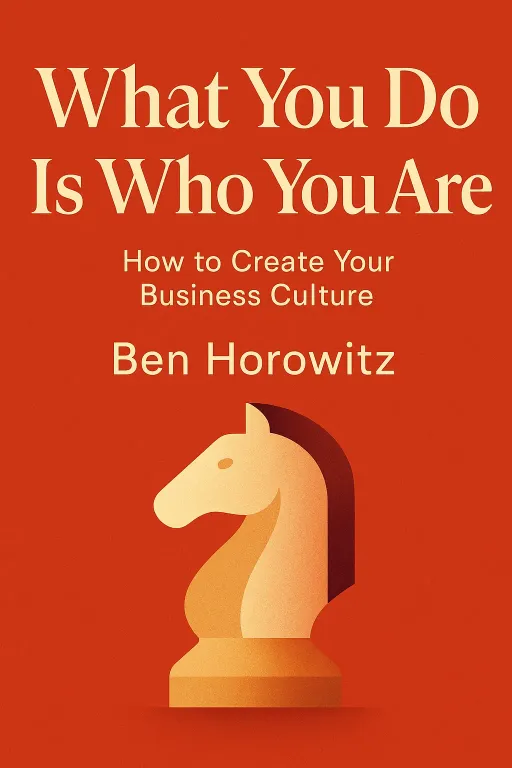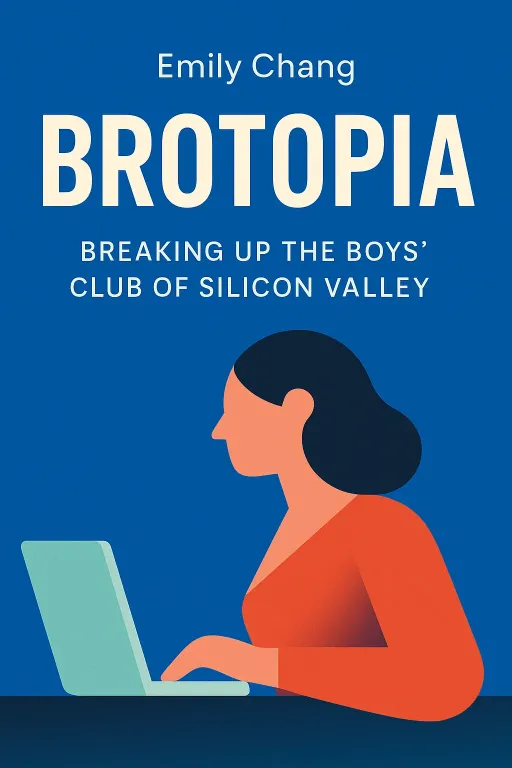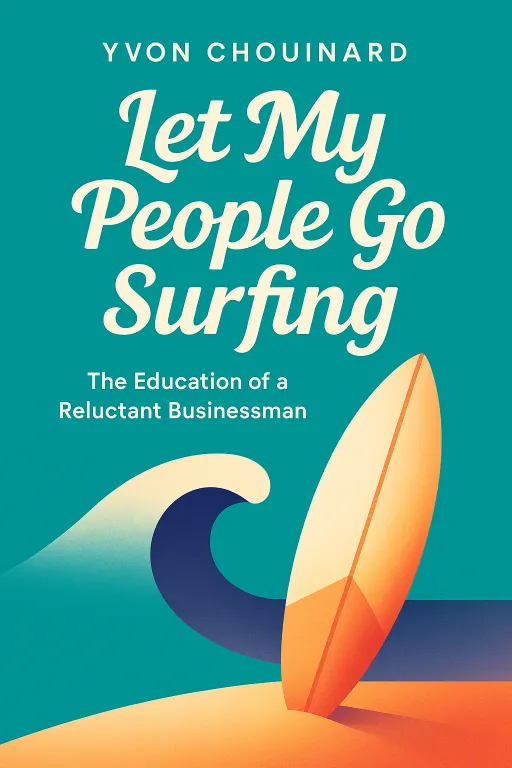
Let My People Go Surfing
11 minThe Education of a Reluctant Businessman
Introduction
Narrator: Imagine building a business where your most popular, most profitable product is flying off the shelves. Now, imagine making the decision to kill it. Not because it’s failing, but because it’s succeeding too well, and in doing so, it’s scarring the very wilderness your customers cherish. This was the reality for Chouinard Equipment in the early 1970s. Their steel pitons, hammered into rock faces by climbers, were the industry standard, but they were also causing permanent damage. So, the company made a radical choice: it advocated for a new "clean climbing" ethic, phased out its best-selling product, and taught its customers how to use an alternative, effectively risking the entire business for the sake of the environment.
This single, audacious act is at the heart of Yvon Chouinard’s book, Let My People Go Surfing: The Education of a Reluctant Businessman. It reveals the story of Patagonia, a company built not on conventional business wisdom, but on a deep-seated love for wild places and a radical philosophy that challenges the very nature of capitalism.
The Reluctant Businessman
Key Insight 1
Narrator: Yvon Chouinard never intended to be a businessman. He was a climber, a surfer, a kayaker, and a blacksmith. His entrepreneurial journey began not from a desire for profit, but from a need for better tools. In 1957, the imported European pitons were soft and designed for single use, ill-suited for the massive granite walls of Yosemite. So, Chouinard bought a used coal-fired forge and an anvil, taught himself blacksmithing, and began hammering out his own hard-steel, reusable pitons.
He made them for himself and his friends, selling them from the back of his car for $1.50 each. His "business" was simply a way to fund his lifestyle of climbing, fishing, and surfing for months on end. He was, in his own words, a "dirtbag." This identity is crucial because it meant the company, which grew into Chouinard Equipment and later Patagonia, was founded on a passion for the outdoors and a commitment to quality born from personal necessity. The products had to be the best because his life, and the lives of his friends, literally depended on them. This foundation created a company culture that valued authenticity and functionality above all else, a stark contrast to corporations driven by market trends and shareholder demands.
Building a Company by Breaking the Rules
Key Insight 2
Narrator: Patagonia’s internal culture is as unconventional as its founder. Chouinard believed that if you hire independent, self-motivated people, you don’t need to manage them in a traditional sense. This led to the famous "Let My People Go Surfing" policy. It wasn't about slacking off; it was a pact of trust. The policy meant that when the surf was up, the powder was fresh, or the weather was perfect for a trail run, employees were encouraged to go. The understanding was that the work would get done, and likely be done better by a happy, fulfilled person.
This philosophy extended to hiring. Patagonia actively sought out people with a passion for the outdoors, often hiring friends and fellow "dirtbags" who might be considered unemployable elsewhere. They valued rich, rounded lives over a perfect resume. This created an egalitarian atmosphere where everyone, from the CEO to the shipping clerk, shared a common language and a commitment to the company’s mission. The result was a workplace that blurred the lines between work, play, and family, fostering a deep sense of loyalty and a collaborative spirit that traditional, hierarchical companies struggle to replicate.
Quality as an Objective Standard
Key Insight 3
Narrator: At the core of Patagonia’s mission is a simple mandate: "Make the best product." But what does "best" actually mean? For Chouinard, quality is not a subjective feeling but an objective, definable standard. This was crystallized in a debate with his head designer, who argued that a $300 hand-sewn Italian shirt was the "best." Chouinard countered by asking what would happen if you threw it in a washing machine. The answer: it would be ruined. For Patagonia, a product that isn't durable or easy to care for can't be the best, no matter how beautiful it is.
This led to a design philosophy built on a checklist of criteria: Is it functional? Is it multifunctional? Is it durable? Is it simple? Does it cause any unnecessary harm? This rigorous approach is perfectly illustrated by Chouinard’s son, Fletcher, who decided to become a surfboard shaper. Yvon challenged him to make a better board, not just another one. Fletcher spent years researching and testing, creating boards that were not only high-performance but also significantly stronger and more durable than the industry standard. This commitment to objective, long-lasting quality, rather than fleeting fashion, is the anchor that allows Patagonia to pursue its broader environmental and social goals.
The Environmental Awakening
Key Insight 4
Narrator: For years, Patagonia operated with a general love for nature. But a few key events transformed this passive appreciation into active, radical environmentalism. One of the first was a local fight in the early 1970s to save the Ventura River from being encased in concrete. A young biologist showed a slideshow revealing the river, thought to be dead, was actually teeming with life. This small, successful grassroots effort showed Chouinard that a few dedicated people could make a difference.
The company’s most profound turning point, however, came in 1994. While conducting an environmental assessment of their own products, they discovered a shocking truth: industrially grown cotton, which they used in their sportswear, was one of the most environmentally damaging fibers in the world. It accounted for 25% of all toxic pesticides used in agriculture. Faced with this hypocrisy, Chouinard made a momentous decision: Patagonia would switch its entire sportswear line to 100% organic cotton within two years. It was a huge financial risk that required a complete overhaul of their supply chain. But they did it, proving that a business could—and should—clean up its own act, no matter the cost.
Profit as a Byproduct, Not the Goal
Key Insight 5
Narrator: In a world where business is defined by maximizing shareholder value, Patagonia’s financial philosophy is heretical. Chouinard states that profit is not the primary goal. Instead, he views it as a vote of confidence from customers. It’s proof that the company is doing other things right—making quality products, treating employees well, and honoring its environmental commitments. Profit is the necessary fuel that allows the company to survive and pursue its mission, but it is not the destination itself.
A perfect example of this philosophy in action was the decision to change the packaging for their thermal underwear. The products were sold in thick plastic bags with cardboard inserts. To reduce waste, the company decided to eliminate the packaging entirely for heavier-weight items and simply use a rubber band for lighter ones. They were warned to expect a 30% drop in sales. Instead, sales increased by 25%. Customers could now feel the quality of the fabric, and the change saved the company $150,000 in packaging costs while preventing twelve tons of material from ending up in landfills. It was a clear demonstration that doing the right thing for the planet can also be good for the bottom line.
Business as a Force for Good
Key Insight 6
Narrator: Ultimately, Chouinard believes that business, which is largely responsible for the environmental crisis, must be the one to lead the way out. This belief culminated in the creation of the 1% for the Planet alliance. While on a fishing trip in 1999 with Craig Mathews, owner of Blue Ribbon Flies, the two men realized their businesses had grown because of their radical environmental stances, not in spite of them. They wanted to create a way for customers to easily identify companies that were truly committed to giving back.
In 2001, they launched 1% for the Planet, an alliance of businesses that pledge to donate 1% of their total sales to grassroots environmental organizations. It was a self-imposed tax, a way for businesses to pay rent for their use of the planet. This initiative embodies Patagonia's ultimate philosophy: that the accepted model of capitalism, which demands endless growth on a finite planet, must be replaced. Patagonia exists not just to sell jackets, but to serve as a living experiment, proving that a company can be profitable while also inspiring and implementing solutions to the environmental crisis.
Conclusion
Narrator: The single most important takeaway from Let My People Go Surfing is that profit and responsibility are not mutually exclusive; in fact, for a business to be truly successful in the long term, they must be intertwined. Yvon Chouinard’s journey demonstrates that a company can reject the traditional rules of business, prioritize its values, care for its people and the planet, and still thrive.
The book leaves us with a profound challenge. It redefines the role of a business from a machine for making money into a tool for positive change. It asks us to reconsider our own roles, whether as business leaders or as consumers. Are we simply consuming, or are we acting as responsible citizens of the planet? As Chouinard would argue, in a time of great moral crisis, doing nothing is no longer an option.
